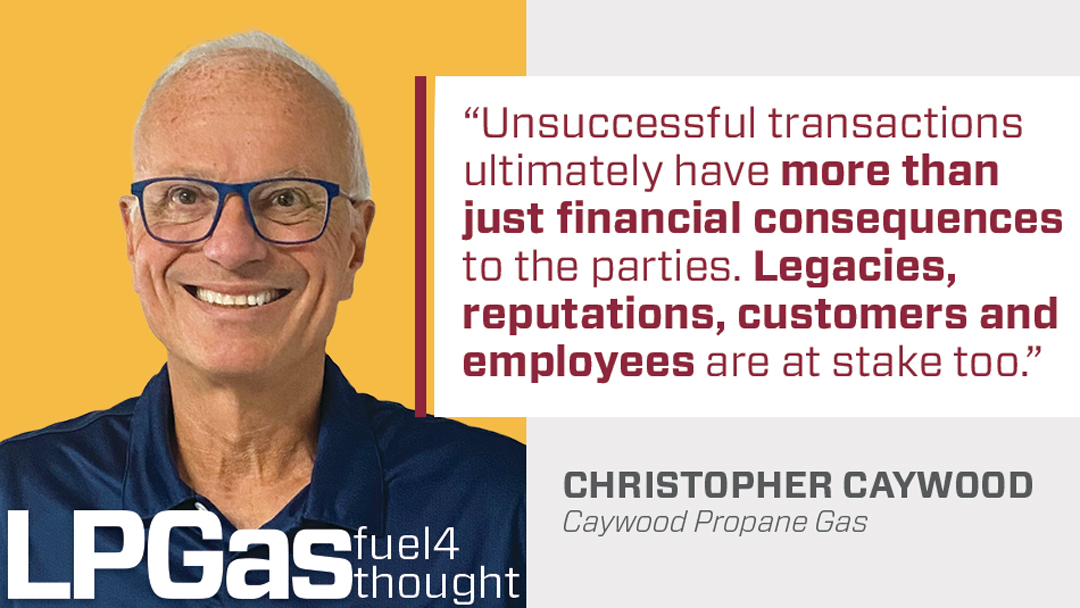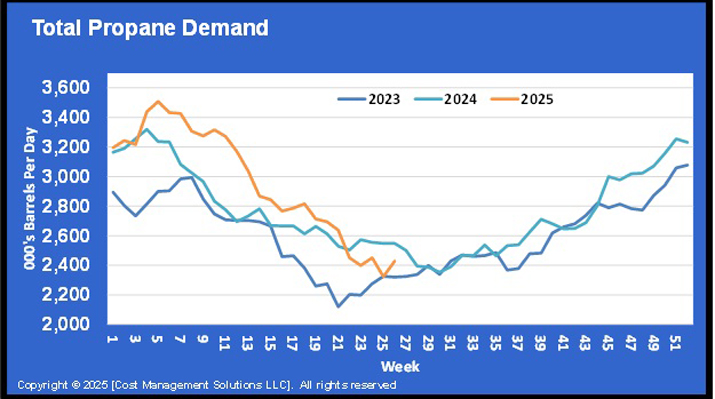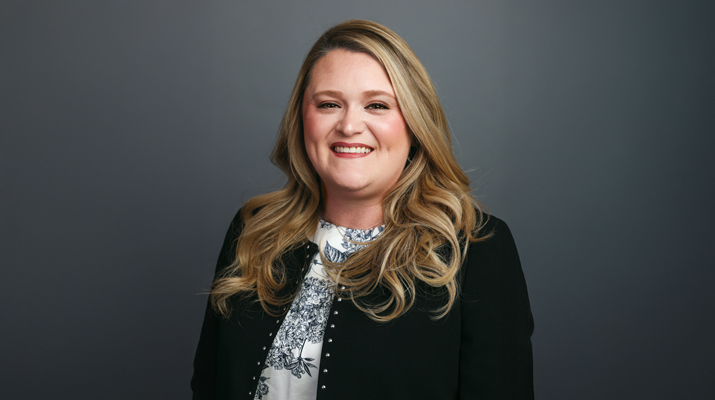Organize technology to do your due diligence
Time flies when you’re having fun. It also flies when you have an LP Gas column submission deadline.
It seems like just yesterday I submitted “Always be ready for sale,” where I attempted to explain how technology might be used to run a business like it’s always for sale even if it’s never for sale.
This year’s column focuses on a more immediate question: What technology questions should you worry about if you are buying or selling a business?
It turns out that buyers and sellers ought to be worried about the same questions – and often for the same reasons:
⦁ Technology roadmap: Knowing where the data is – whether it’s in the cloud, on your server, on an employee’s computer, or a piece of paper or napkin in a file drawer – is important for both seller and buyer. It’s also important to know how access to it is controlled, whether and how it’s secured or backed up, and how it’s shared among applications if it’s digital. If you’re a seller, you may want to know the answers to these questions before the buyer asks.
⦁ Software applications: If you’re selling your business, you need a list of all of the applications you use in your business and, like your data, where they are (e.g., cloud, server, laptop, another device), what you use them for and how, if at all, they are connected to one another. The buyer will use your list to figure out how easy it will be to put the businesses together and come up with a game plan on what will happen to the applications and when.
⦁ Technology, people and process: Software applications and data are nice, but the who, what, when, where and why of using the application and the data are fundamental. Documented processes are best, so if you are a seller and don’t have one, you might want to get started before the buyer asks for it. And if you are wondering why they might ask, it’s because they need to figure out how they are going to integrate your business into theirs, even if they plan to keep your name on the door and continue your business as a stand-alone operation.
⦁ Financials and operations: Hardware and software licenses have expiration or renewal dates. Your business’s computers, phones, tablets and monitors all have useful lives and need to be replaced at some point, ideally before they suddenly stop working. If you are buying a business and all of the seller’s devices need to be replaced in a year or are beyond their useful lives, you need to put that cost in your model. Technology also can be a source of tremendous synergies. Buyers may be able to replace software licenses with their enterprise application licenses or, better yet, extract the data and put it into their applications. Buyers who intend to integrate the seller’s business fully into theirs will be able to sunset websites and all of the associated costs. The synergies can be significant if the seller has third-party IT support expenses that can be terminated and absorbed into the buyer’s IT support system.
⦁ Security and compliance: This might be the most technical diligence topic. It involves physical security, network security, data security, technology policies and procedures and even regulatory compliance. If you are about to buy or sell a business, and you don’t understand any of these terms, you need to read up on them and hire somebody to help you with this part of the process.

If you are a buyer, you want to make sure the technology part of your acquisition process is carefully mapped out in your integration plans.
If you are a seller, you share that goal because identifying, documenting and achieving synergies in a smooth closing and post-closing process will enable your buyer to share some of those synergies in the form of a higher multiple and purchase price.
Finally, and most importantly, unsuccessful transactions ultimately have more than just financial consequences to the parties. Legacies, reputations, customers and employees are at stake too.
Christopher Caywood is a co-owner of Caywood Propane Gas Inc. Contact him at chris@caywoodpropane.com.
















